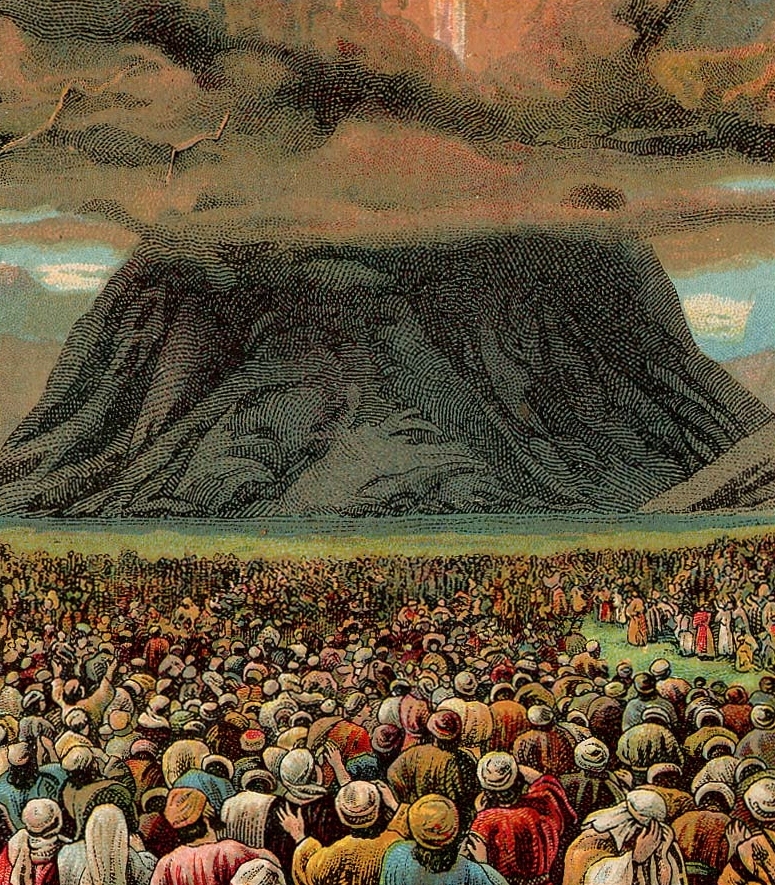Although Shavuot receives relatively little attention in the US compared to its sister holidays (Passover and Sukkot), it is a major Jewish holiday of the same status. Shavuot is a celebration of the giving of the Torah on Mount Sinai—the moment when God and Israel sealed their covenant together.
Shavuot is one of the three pilgrimage festivals in Jewish tradition. These festivals—Passover, Shavuot, and Sukkot—were originally agricultural celebrations that later imbued with historical significance. Passover celebrates the redemption of the Israelites from slavery in Egypt, Shavuot celebrates the subsequent receiving of the Torah on Mount Sinai, and Sukkot recalls the 40 years that the Israelites wandered through the wilderness on the way to the Promised Land. Together, these three festivals are a way that Jews reenact their sacred myth—from slavery to redemption and revelation—every year.
With your help, My Jewish Learning can provide endless opportunities for learning, connection and discovery.



